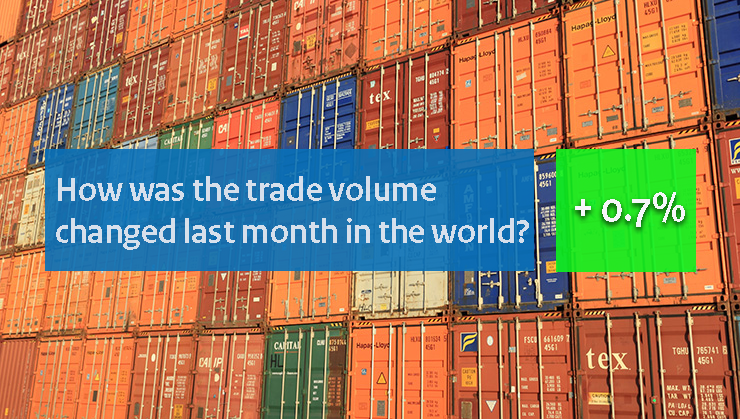Economic dynamics and migration
Migration is largely driven by labour demand. This implies that, beyond direct migration policies, economic policies can also play a significant role in shaping migration to and from the Netherlands. This is the conclusion of the report “Economic Dynamics and Migration” that the CPB Netherlands Bureau for Economic Policy Analysis published on 9 April, of which an English version is now available.






